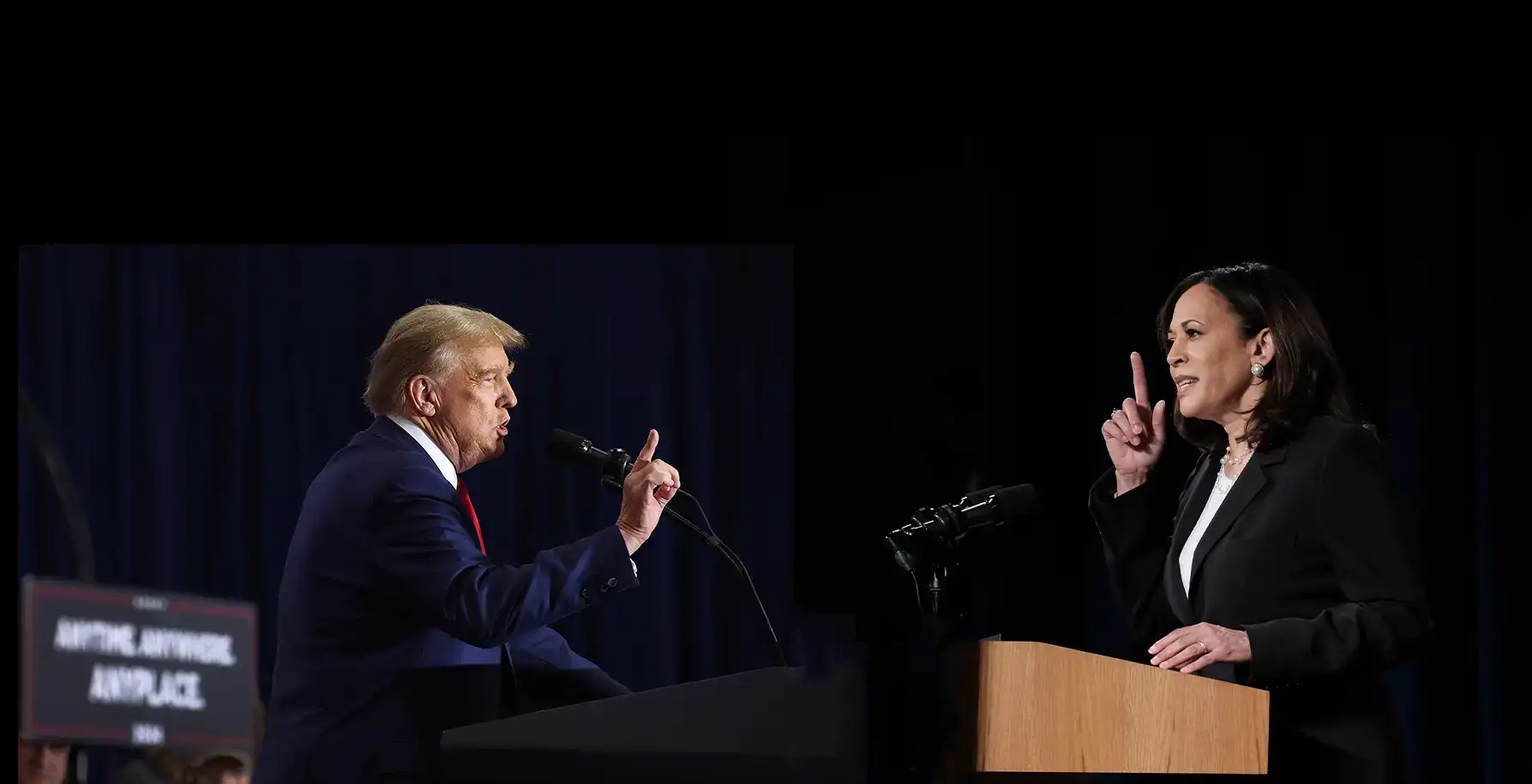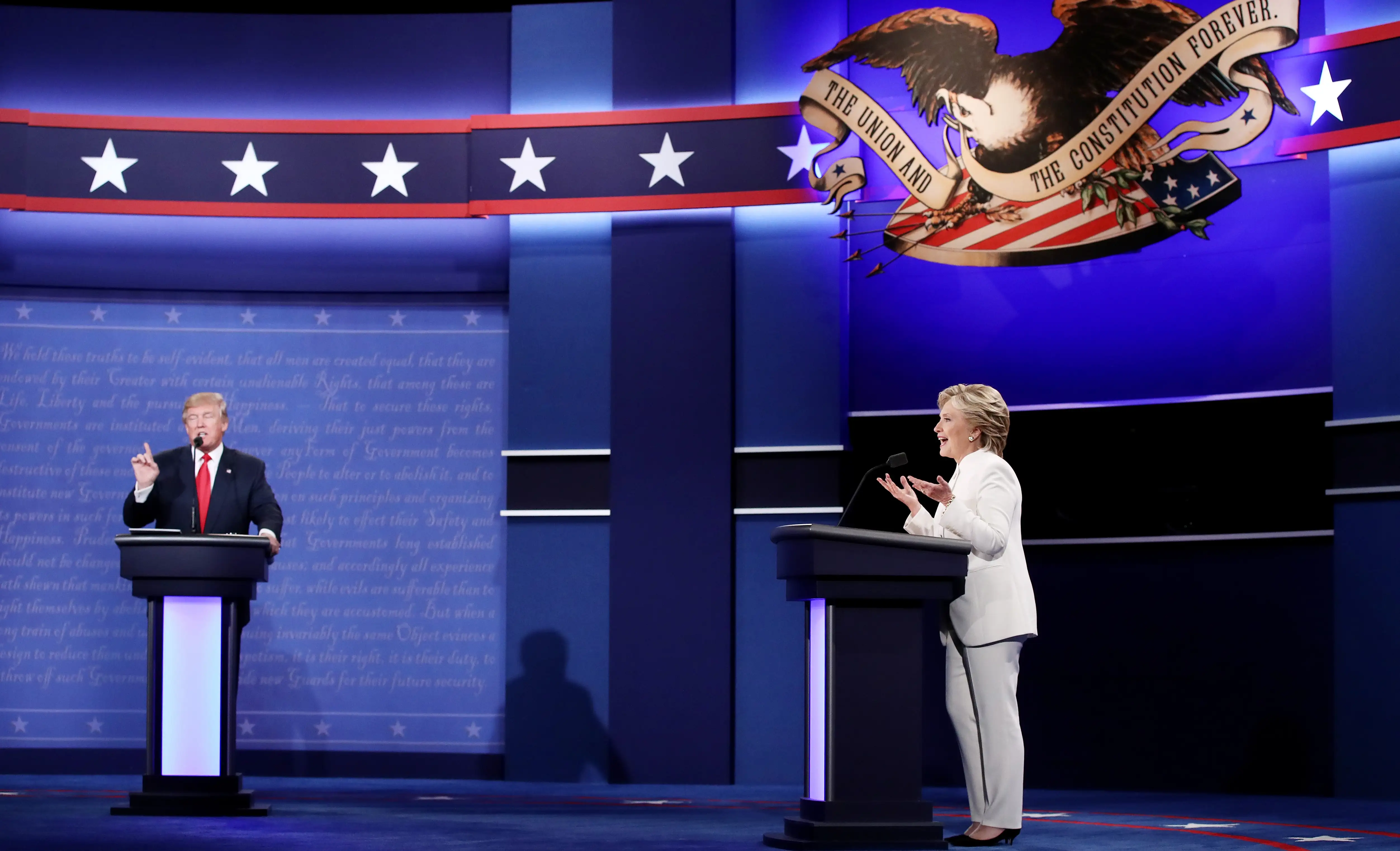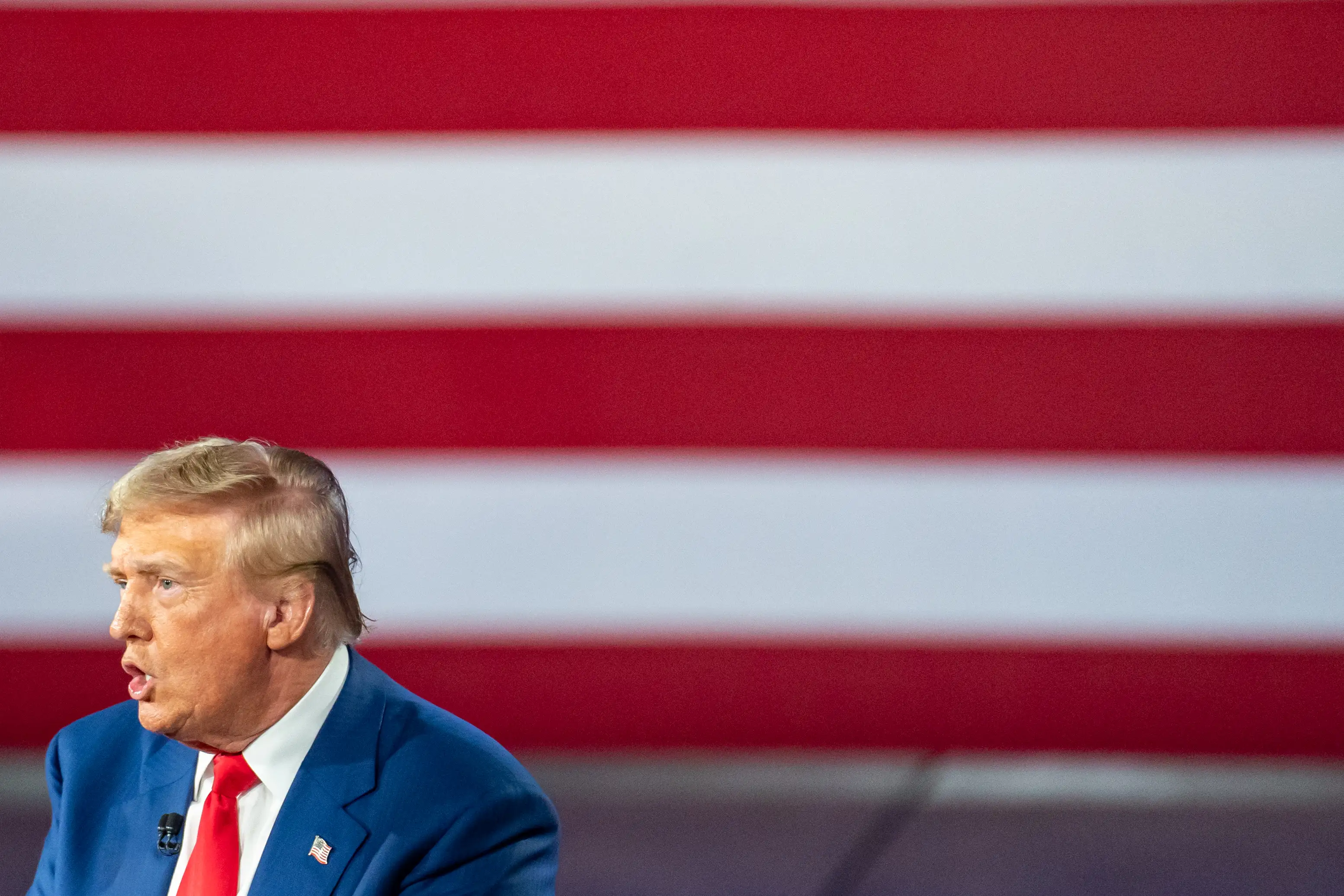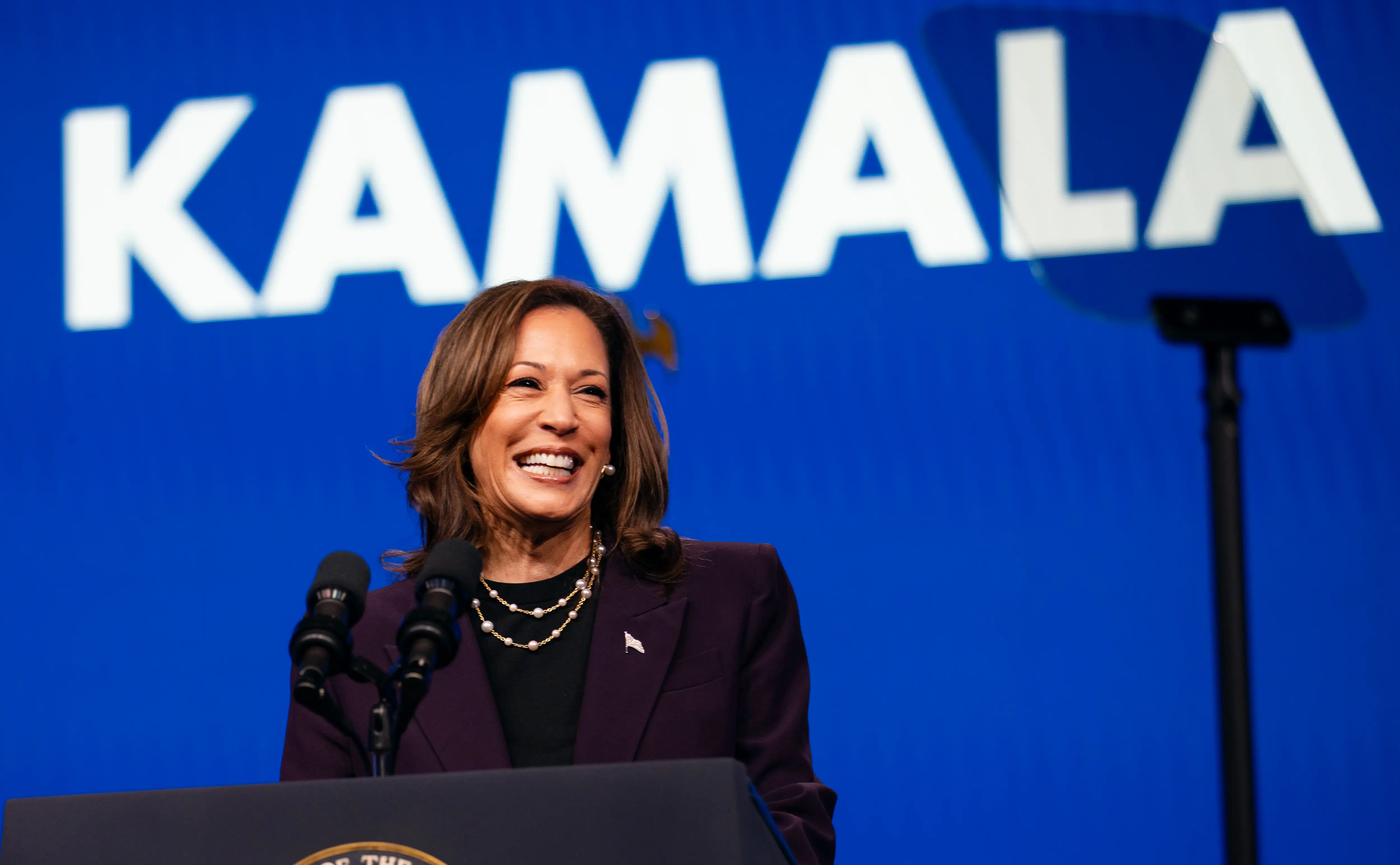
Politics & Society
Is this the end of the “American Century”?

Language is the first step in making extreme ideas seem normal. And Donald Trump’s use of illiberal rhetoric should be a warning sign for democracy
Published 9 September 2024
As former US president Donald Trump prepares to take the stage in the upcoming presidential debate, the real question is not if his microphone will be muted when Kamala Harris speaks, but whether his words will once again undermine democracy.
While muting his microphone might curb the rudeness we saw during the 2016 debate with Hillary Clinton, where he interrupted her 51 times, it will not stop the more insidious threat: his use of violent words and statements that are filled with contempt for democratic norms, from questioning the legitimacy of election results to openly admiring authoritarian leaders.

This illiberal rhetoric, as political scientists call it, carries power far beyond the debate stage.
It is tempting to dismiss much of what politicians say as empty words. We often assume they say a lot of nonsense or exaggerate to mobilise their supporters or placate critics.
But even if they do so, their words are still meaningful and can be signposts – a glimpse into the future they envision and the actions they might take to realise it.
When politicians use discriminatory, divisive and anti-democratic rhetoric, they declare intentions. Statements like this lay the groundwork for policy shifts that can fundamentally harm democracy.
Words matter in politics, not just for what they say but for what they foretell.

Politics & Society
Is this the end of the “American Century”?
This is why it is essential to listen to what politicians say. It is not just about disagreeing with a policy position. It is about recognising the trajectory that this language sets us on.
Donald Trump’s illiberal rhetoric was not without consequence and cultivated an environment where democratic decay could take root.
The calamitous January 6 events on Capitol Hill are the most glaring manifestation of what happens when illiberal language goes unchecked. It is a stark reminder that when politicians speak, they are not just engaging in idle talk but shaping political realities.
Viktor Orbán’s Hungary is another cautionary tale. Prime Minister Orbán’s hate speech against migrants, NGOs, and even the European Union has been relentless and paved the way for policies that have steadily dismantled democratic checks and balances in Hungary.

By the time the world recognised what was happening, it was too late. Hungary, once a beacon of post-Soviet democratic transition, now stands as a warning of how quickly and thoroughly democracy can be undone.
When Peter Dutton declared that Australia should not grant visas to people from Gaza due to national security concerns, he echoed the divisive language used by Donald Trump and Viktor Orbán.
His statement is alarming not just because of its immediate implications for people from Gaza, but because it implies that all individuals from Gaza are potential terrorists, signalling that the boundaries of acceptable political discourse are being pushed toward exclusion and prejudice.
Language is the first step in making extreme ideas seem normal. Once these ideas become part of our public discourse, the harmful policies are not far behind.

Politics & Society
What happened in the US was Very Bad
When leaders speak in terms that dehumanise, polarise or glorify authoritarianism, they are testing the waters. They are gauging how much they can get away with and, crucially, preparing their base for the political change that will follow.
For those who care about democracy, this is a call to action.
We must not normalise the language of illiberalism. We must challenge it at every turn and recognise it for what it is: an early-warning signal of policies and actions that can destroy the freedoms and rights we hold dear.
This means not just criticising the statements themselves but holding accountable those who make them.
Today, democracy is at risk in ways we have not seen in a long time.

Democracy is fragile. It is built on norms and values as much as it is on institutions. When those norms and values are eroded by the language of our leaders, the institutions are not far behind.
If we want to protect our democracy, we must start by protecting the language and culture of respectful debate that sustains it. That means rejecting politicians who use illiberal language and corrupt public discourse, no matter how appealing their promises might be.
Because once the language of democracy is lost, the rest will soon follow.